Sugar prices soar despite official rate: PBS
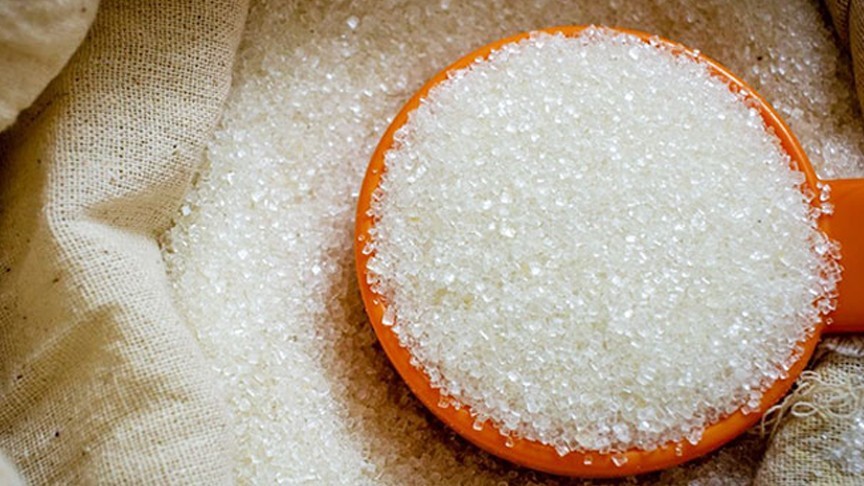
Web Desk
|
8 Aug 2025
Despite repeated efforts by the federal government to stabilize sugar prices, recent data from the Pakistan Bureau of Statistics (PBS) confirms that the market remains largely unregulated in key regions.
The average national price of sugar continues to exceed official rates, raising serious concerns about the government’s price control mechanisms and the growing influence of unchecked market forces.
According to PBS's latest weekly data, the average price of sugar across Pakistan has dipped marginally to PKR 178.67 per kilogram, a decline of just 66 paisa from the previous week’s average of PKR 179.33. However, this figure remains well above the official retail rates: PKR 173 per kilogram for Punjab and Karachi, and PKR 172 for Islamabad.
The minor reduction offers little relief to consumers, who are still forced to pay far more than the government-mandated prices, revealing a significant gap between policy and implementation.
The PBS report exposes sharp regional disparities, with Karachi, Bahawalpur, and Peshawar recording the highest retail prices for sugar — up to PKR 190 per kilogram.
In Karachi, this represents a staggering PKR 17 hike over the government-set rate, raising red flags about the failure of local market monitoring.
Even in Punjab, home to most of the country’s sugar mills, sugar prices have touched PKR 190 per kilogram in some districts — a troubling sign that supply-side proximity has not translated into price stability.
Read more: Sugar crisis not a scandal but result of climate change, says PM’s coordinator
Amid the widespread discrepancies, a few regions have managed to maintain price discipline. In Islamabad, sugar is being sold at the official rate of PKR 172 per kilogram, while cities like Rawalpindi and a handful of others in Punjab have seen prices drop to the set rate of PKR 173.
This patchy enforcement has sparked growing public frustration, with many citizens questioning why some cities are held to official pricing while others remain vulnerable to profiteering and black marketing.
The failure to implement uniform pricing underscores systemic weaknesses in Pakistan’s regulatory framework. Despite government warnings and price caps, ineffective enforcement, supply hoarding, and lack of coordination between provincial and federal authorities have allowed retailers and wholesalers in many cities to operate unchecked.
With sugar being a basic necessity for millions of households, the ongoing price crisis adds to the economic strain already facing the public due to rising inflation, stagnant wages, and high utility costs.
Until a stronger and more consistent mechanism for price enforcement is introduced, and supply chain inefficiencies are addressed, the government’s ability to stabilize sugar prices may remain aspirational.
The current situation serves as a litmus test for Pakistan’s broader economic management and market governance.




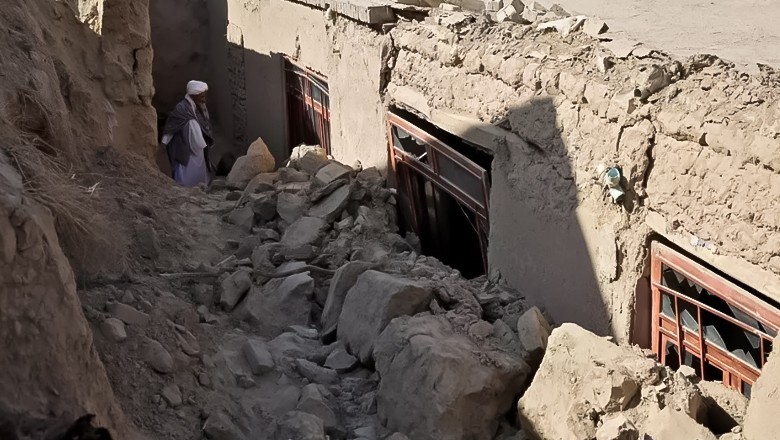

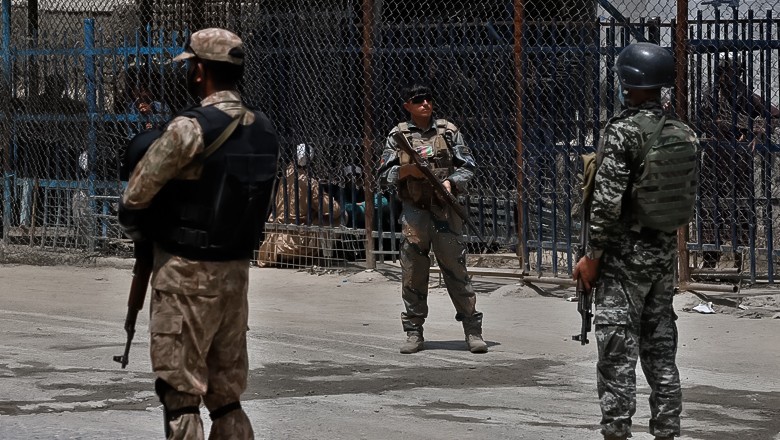

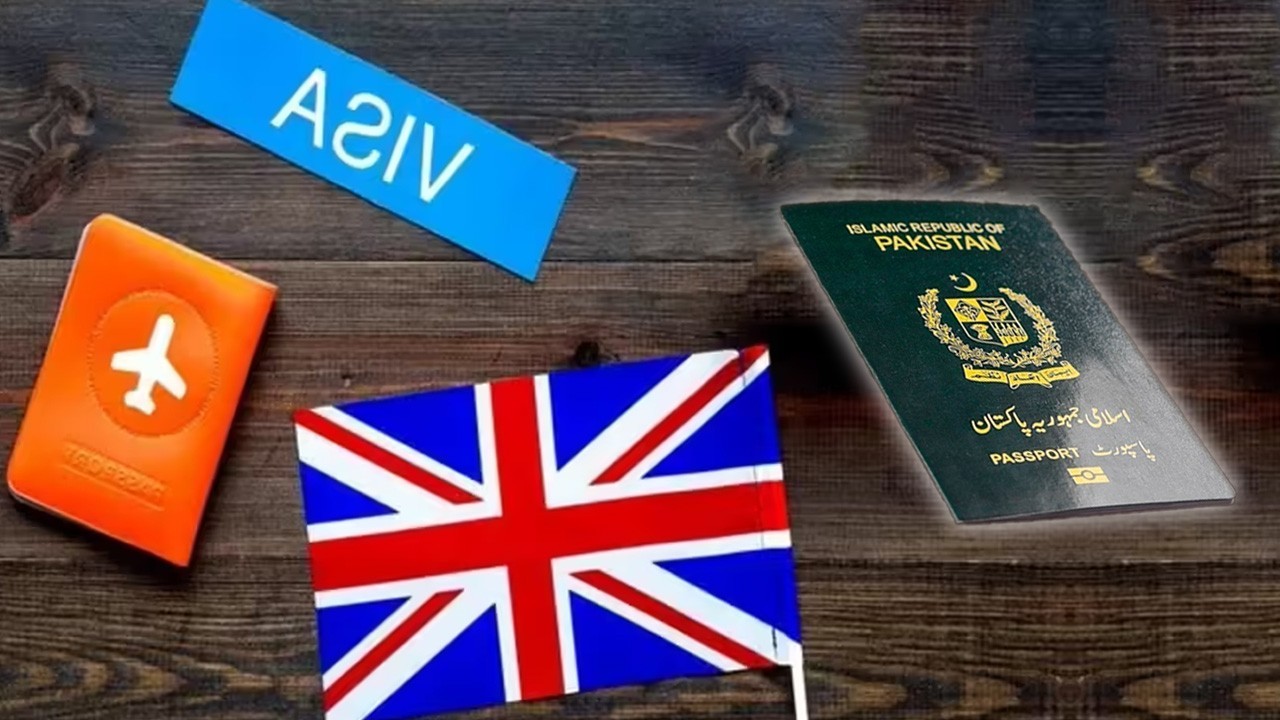
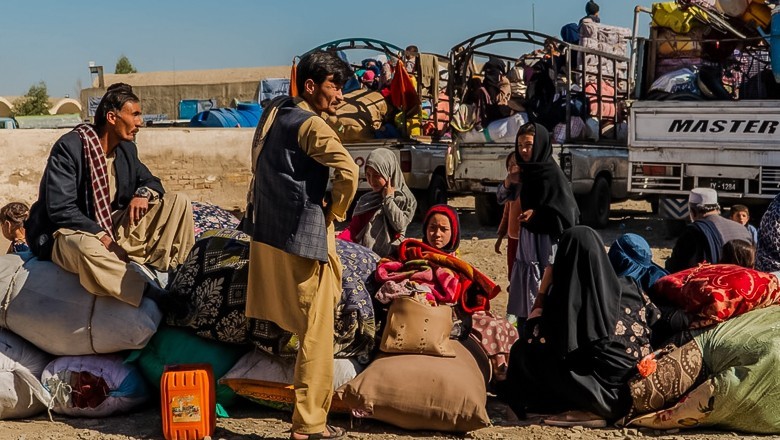
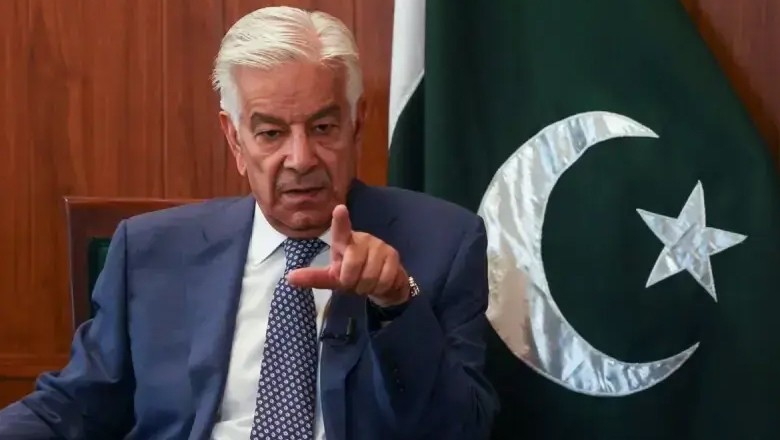

Comments
0 comment